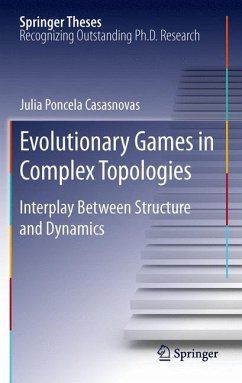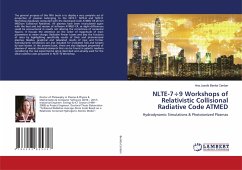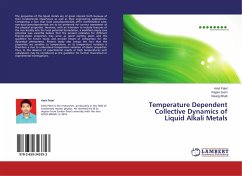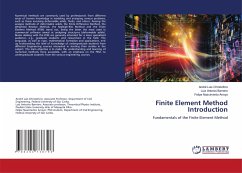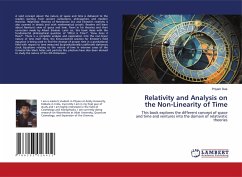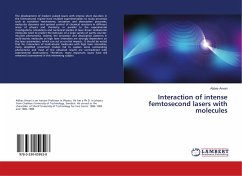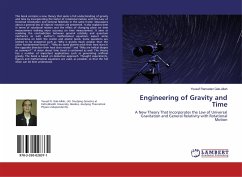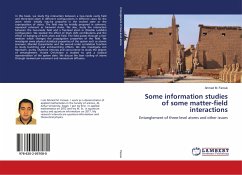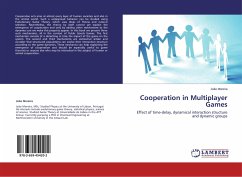
Cooperation in Multiplayer Games
Effect of time-delay, dynamical interaction structure and dynamic groups
Versandkostenfrei!
Versandfertig in 6-10 Tagen
27,99 €
inkl. MwSt.

PAYBACK Punkte
14 °P sammeln!
Cooperative acts arise at almost every layer of human societies and also in the animal world. Such a widespread behavior can be studied using Evolutionary Game Theory, which uses ideas of fitness and natural selection. Nevertheless, the theory by itself cannot yet explain the emergence of cooperation and only by adding other mechanisms to the dynamics can we make this property appear. In this book we present three such mechanisms, all in the context of Public Goods Games. The first mechanism consists of a detaching in time the impact of the game on the system. The second and third mechanisms a...
Cooperative acts arise at almost every layer of human societies and also in the animal world. Such a widespread behavior can be studied using Evolutionary Game Theory, which uses ideas of fitness and natural selection. Nevertheless, the theory by itself cannot yet explain the emergence of cooperation and only by adding other mechanisms to the dynamics can we make this property appear. In this book we present three such mechanisms, all in the context of Public Goods Games. The first mechanism consists of a detaching in time the impact of the game on the system. The second and third mechanisms are somewhat similar and consider that structured populations can evolve their interaction structure according to the game dynamics. These mechanics can help explaining the emergence of cooperation and should be especially useful to game theorists or anyone else who may be interested in the subject of human or animal cooperation.



